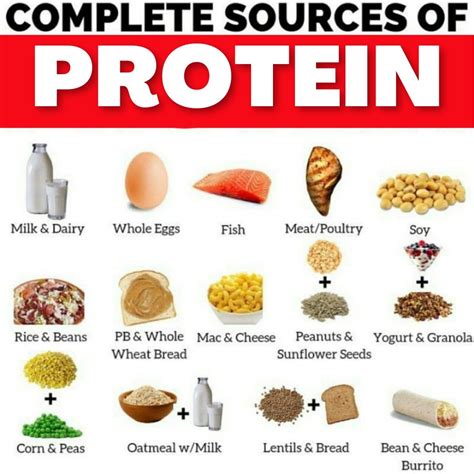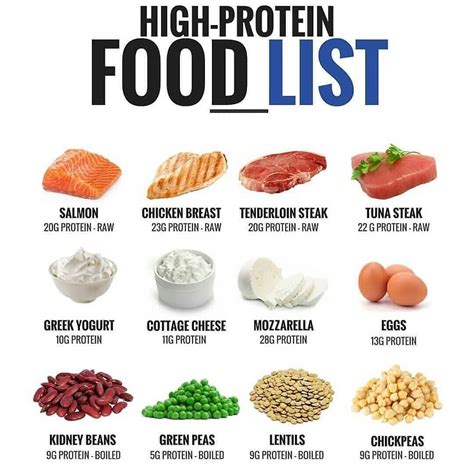The Dual Role of Protein: Building Muscle & Burning Fat
For men focused on transforming their physique, protein stands as the undisputed king of macronutrients. Its importance isn’t just anecdotal; scientific research consistently highlights its critical role in both building muscle (muscle protein synthesis, or MPS) and aiding fat loss. Protein provides the essential amino acids necessary for repairing and rebuilding muscle tissue after strenuous workouts, a process crucial for hypertrophy.
Beyond muscle accretion, protein plays a significant part in fat loss by enhancing satiety – helping you feel fuller for longer and reducing overall calorie intake. It also boasts a higher thermic effect of food (TEF) compared to carbohydrates and fats, meaning your body expends more energy digesting and metabolizing protein. This contributes to a higher daily energy expenditure, a small but significant advantage when in a calorie deficit.

General Protein Recommendations for Muscle Gain
When the primary goal is muscle gain, commonly referred to as bulking, the general consensus among sports nutritionists and researchers suggests a protein intake range of 1.6 to 2.2 grams per kilogram (g/kg) of body weight per day. This range is often sufficient to maximize muscle protein synthesis rates in individuals engaged in resistance training.
For a man weighing 80 kg (approximately 176 lbs), this would translate to roughly 128-176 grams of protein daily. Consuming protein within this spectrum ensures an ample supply of amino acids to support recovery and growth, especially when paired with an adequate calorie surplus.
Optimizing Protein Intake During a Calorie Deficit (Fat Loss)
The landscape shifts slightly when the goal is fat loss, particularly while aiming to preserve as much muscle mass as possible during a calorie deficit. In this phase, protein intake often needs to be elevated to prevent muscle breakdown.
Research suggests that during periods of energy restriction, a higher protein intake, sometimes ranging from 2.0 to 2.7 g/kg of total body weight, or even higher when calculating against lean body mass, can be beneficial. This elevated intake helps to spare lean muscle tissue from being catabolized for energy, ensuring that the majority of weight loss comes from body fat. The increased satiety also becomes a greater advantage when hunger is more prevalent due to lower calorie intake.

How to Calculate Your Optimal Protein Intake
Bodyweight vs. Lean Body Mass
While using total body weight (TBW) is a common and easy starting point for protein calculations, using lean body mass (LBM) can be more accurate, especially for individuals with higher body fat percentages. LBM is your total weight minus your fat mass. For example, if you weigh 100 kg with 25% body fat, your LBM is 75 kg. Calculating 2.0-2.7 g/kg based on 75 kg will give a more appropriate protein target than based on 100 kg.
Practical Application
To calculate, first determine your goal (muscle gain or fat loss). Then, either use your total body weight or estimate your lean body mass. Multiply this number by the recommended gram range. For instance, an 80 kg man aiming for fat loss might target 2.5 g/kg TBW, leading to 200 grams of protein per day.
Strategic Protein Timing and Distribution
Beyond the total daily amount, how you distribute your protein intake throughout the day can also optimize its effects. Spreading protein consumption across 4-6 meals or snacks, with each containing 20-40 grams, is generally recommended. This approach ensures a consistent supply of amino acids, maximizing muscle protein synthesis throughout the day and preventing prolonged periods of catabolism.
Consuming protein around your workouts, both pre- and post-exercise, can also be beneficial. A pre-workout protein source can prime your muscles with amino acids, while a post-workout dose helps kickstart the recovery and repair process. However, the total daily intake remains the most critical factor, with timing playing a secondary, albeit supportive, role.

Best Protein Sources for Men
Variety is key when it comes to protein sources to ensure a comprehensive intake of all essential amino acids and other vital micronutrients.
Animal-Based Proteins
- Meats: Chicken breast, lean beef, turkey, pork loin.
- Fish: Salmon, tuna, cod, tilapia.
- Eggs: Whole eggs or egg whites.
- Dairy: Greek yogurt, cottage cheese, milk.
Plant-Based Proteins
- Legumes: Lentils, chickpeas, black beans.
- Soy Products: Tofu, tempeh, edamame.
- Grains: Quinoa, oats.
- Nuts and Seeds: Almonds, peanuts, chia seeds, pumpkin seeds.
Protein Supplements
Whey protein, casein protein, and various plant-based protein powders offer convenient and efficient ways to meet daily protein targets, especially for those with busy lifestyles or higher protein needs.

Are There Risks to High Protein Intake?
A common concern revolves around the potential negative effects of high protein intake, particularly on kidney health. However, numerous studies have shown that for healthy individuals with normal kidney function, even very high protein intakes (up to 3.0-3.5 g/kg BW) do not cause kidney damage. Those with pre-existing kidney conditions, however, should consult a doctor before significantly increasing protein.
Other minor issues might include digestive discomfort, especially when suddenly increasing intake, or potentially displacing other important macronutrients like healthy fats and complex carbohydrates if protein dominates the diet too heavily. Balance is always essential.
Individual Variability and Listening to Your Body
While these guidelines provide an excellent starting point, individual responses to protein intake can vary. Factors such as training intensity, age, activity level, body composition, and even genetics can influence optimal protein needs. It’s crucial to listen to your body, monitor your progress, and adjust your intake as needed.
Experimentation, combined with consistency in your training and overall diet, will ultimately reveal what works best for your unique physiology and goals. Consulting with a registered dietitian or a certified sports nutritionist can provide personalized guidance.

Conclusion
For men aiming for muscle gain and fat loss, a high, consistent protein intake is non-negotiable. While specific numbers vary based on goals and individual factors, targeting a range of 1.6-2.2 g/kg for muscle gain and 2.0-2.7 g/kg (or higher based on LBM) for fat loss serves as an excellent framework. Prioritize whole, nutrient-dense protein sources, distribute your intake strategically, and remember that consistency and adherence are paramount. By optimizing your protein intake, you lay a solid foundation for achieving your physique goals effectively and sustainably.




